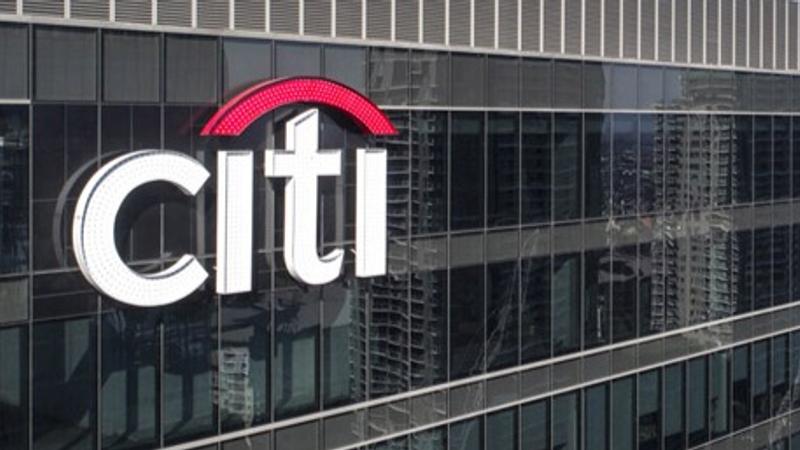Published 15:22 IST, June 19th 2024
Citigroup makes unintended case for AI in finance
If services revenue grows 5% a year, roughly Citi’s target, it will generate $21 billion of revenue by 2026.

Come friendly AI. For banks, artificial intelligence is potentially very exciting. It augurs a world where systems are efficient, customers are consistently delighted and CEO plans are implemented flawlessly, freed from fat fingers and incompetence. For Citigroup boss Jane Fraser, the future can’t arrive soon enough.
She wants investors to value the mega-bank she runs at more than the current 60% of book value. Fraser’s latest strategy is a PR blitz for Citi’s “services,” which includes trade finance and handling securities investments for customers. She called it a jewel during a presentation on Tuesday, and it is, albeit in a rusty diadem. Although the business accounts for less than one-quarter of the bank’s total revenue, it contributes nearly half of earnings.
Services consume less capital than other Citi activities like securities trading, and they’re less volatile. Moreover, the fourth-largest U.S. lender by assets dominates in trade and transaction banking, but also has room to grow: it accounts for less than 0.5% of what corporate clients spend worldwide.
The prize is big. If services revenue grows 5% a year, roughly Citi’s target, it will generate $21 billion of revenue by 2026. After subtracting half for expenses and 21% for taxes, there would be $8.3 billion of earnings, a divisional return on equity that exceeds 30%. By comparison, Citi’s overall return was just 4.9% last year. Fraser’s pitch is working to an extent: Analysts reckon Citi can reach 9% by 2026, according to Visible Alpha.
So why the miserable valuation? It comes down to what bankers call execution risk: the chance that reality won’t live up to the good intentions. Facile trading errors, substandard data management and fines for racial profiling are among the many reasons Citi skeptics abound. Even without these historical misdeeds, instructions from the top can easily get lost in translation trying to reach nearly 240,000 employees using creaky IT systems.
Fraser has helped change Citi’s fortunes by divesting businesses, shrinking middle management and hiring big guns. In theory, new AI developments would make her turnaround easier. Citi has deployed some $33 billion on technology over the past three years, but it will be a while before machines learn to make computers smarter and improve on human foibles. For now, Fraser is stuck with the decidedly analogue powers of persuasion and patience.
Context News
Citigroup affirmed its target of a 12% return on tangible common equity, during an investor day on June 18 that focused on “services” such as trade finance and managing customers’ securities investments. The bank run by Jane Fraser reported a 4.9% return on tangible common equity in 2023. The metric compares earnings with a measure of shareholders’ equity, excluding intangible assets like tax credits and goodwill from past acquisitions. The services division made up 23% of total revenue for Citi in 2023, but contributed half of its earnings, excluding businesses earmarked for divestment. It has a presence in 95 countries, and clients include 85% of the Fortune 500, the bank said in a presentation. Fraser also told investors that Citi would “spend what is necessary” to meet its regulatory obligations, after a series of infractions. The board of the Federal Deposit Insurance Corp may downgrade Citi's data-management systems to a "deficiency" from a "shortcoming," Reuters reported on June 17.
Updated 20:52 IST, June 19th 2024
